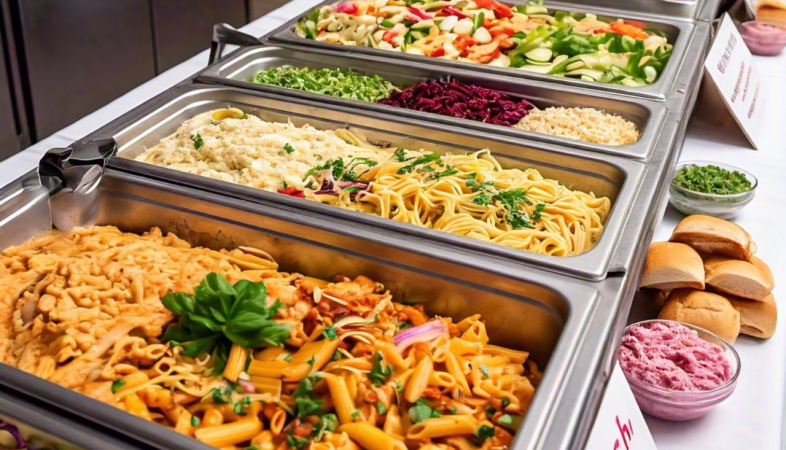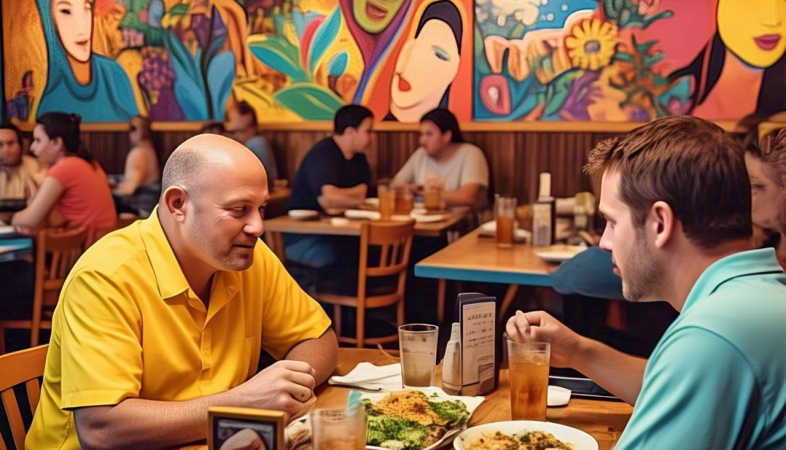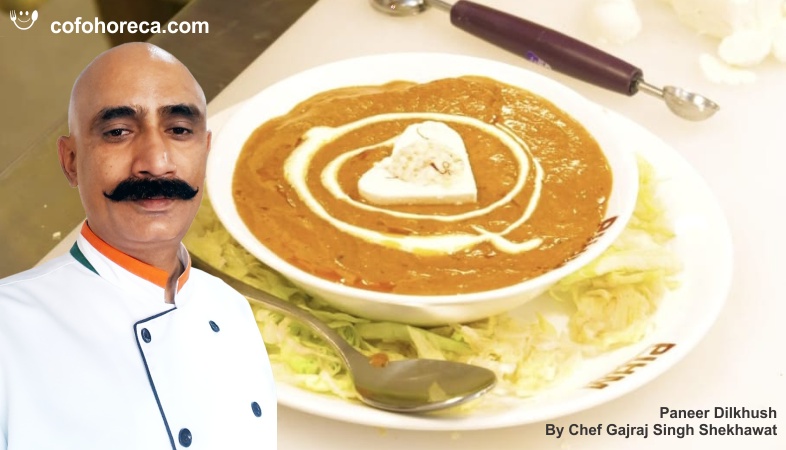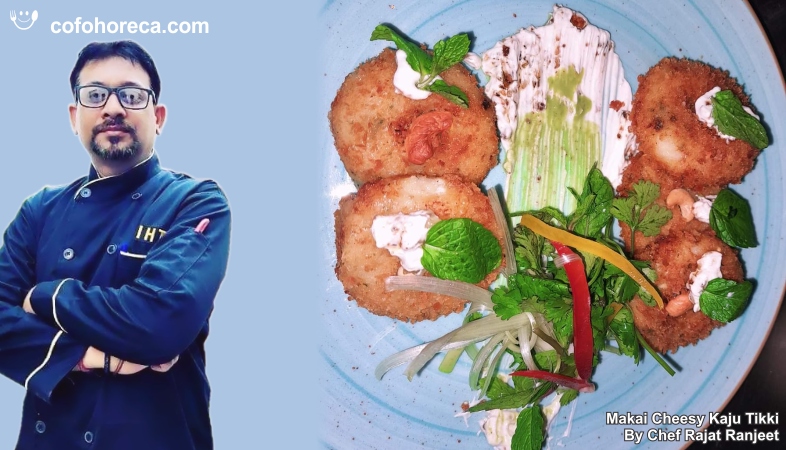Catering for Health Retreats: Designing Nutrient-Dense Menus
A well-executed culinary program becomes a memorable highlight, leaving participants nourished, energized, and inspired.
Health retreats offer an immersive environment for
individuals seeking rejuvenation, wellness, and balance. At the heart of these
experiences is the food, which must align with the retreat’s goals of promoting
health and vitality. Designing nutrient-dense menus for such retreats requires
a deep understanding of nutritional principles, creativity in presentation, and
a commitment to delivering both flavor and function.
The foundation of a nutrient-dense menu is the selection of whole, unprocessed ingredients that are rich in vitamins, minerals, and phytonutrients. Fresh vegetables, fruits, whole grains, legumes, nuts, seeds, and lean proteins form the core of these menus. Incorporating a variety of colorful produce not only ensures a broad spectrum of nutrients but also makes the dishes visually appealing. For instance, a vibrant Buddha bowl featuring quinoa, roasted sweet potatoes, leafy greens, avocado, and tahini dressing offers a balance of macronutrients and micronutrients.
In health retreats, meals are often tailored to support specific wellness goals, such as detoxification, stress reduction, or energy enhancement. For detox-focused retreats, menus may emphasize liver-supporting foods like cruciferous vegetables, lemon, turmeric, and herbal teas. Stress-reduction menus might incorporate magnesium-rich ingredients like spinach, almonds, and dark chocolate, paired with calming herbal infusions. Energy-boosting dishes often highlight complex carbohydrates, healthy fats, and proteins to provide sustained energy throughout the day.
Special dietary preferences and restrictions are common among health retreat participants. Menus should offer options that cater to vegetarian, vegan, gluten-free, and other dietary needs without compromising flavor or nutrition. Substitutions like almond flour for traditional flour or coconut milk for dairy provide inclusive alternatives while maintaining the integrity of the dishes.
Portion control and meal timing are equally important. Serving moderate portions that prioritize nutrient density over calorie density prevents overindulgence while promoting satiety. Additionally, designing a schedule that includes balanced meals and snacks ensures participants receive consistent energy throughout the day. Mid-morning smoothies or afternoon energy balls made from dates, nuts, and seeds are popular choices for maintaining vitality between meals.
Hydration is another critical element of health retreats. Beyond water, offering herbal teas, infused water with fruits and herbs, and nutrient-rich broths provides variety while supporting hydration and overall wellness. These beverages can also be tailored to the retreat's theme, such as antioxidant-rich green tea for a rejuvenation retreat or soothing chamomile for a relaxation-focused experience.
Presentation and mindfulness in meal service are essential for creating an impactful dining experience. Plates arranged with attention to color, texture, and balance encourage participants to eat mindfully, savoring each bite. Incorporating small rituals, such as a moment of gratitude before meals or educational segments on the benefits of the ingredients, can deepen the connection between the food and the retreat's wellness goals.
Desserts at health retreats can be indulgent yet nourishing. Options like chia pudding with coconut milk and fresh berries, raw cacao energy truffles, or baked fruit crisps with a nut topping offer satisfying sweetness without refined sugars. Using natural sweeteners like honey, maple syrup, or dates ensures these treats align with the overall focus on health.
Finally, sourcing ingredients locally and seasonally not only supports sustainability but also enhances the flavor and nutrient content of the dishes. Seasonal menus are inherently more vibrant and nutritious, reflecting the freshness of recently harvested produce. Collaborating with local farmers and artisans can add a unique touch to the retreat’s offerings while fostering a sense of community.
Catering for health retreats is an opportunity to elevate the dining experience into a cornerstone of wellness. By designing menus that prioritize nutrient density, accommodate diverse dietary needs, and promote mindfulness, caterers can contribute significantly to the retreat’s mission of nurturing both body and soul. A well-executed culinary program becomes a memorable highlight, leaving participants nourished, energized, and inspired.
.png)




























